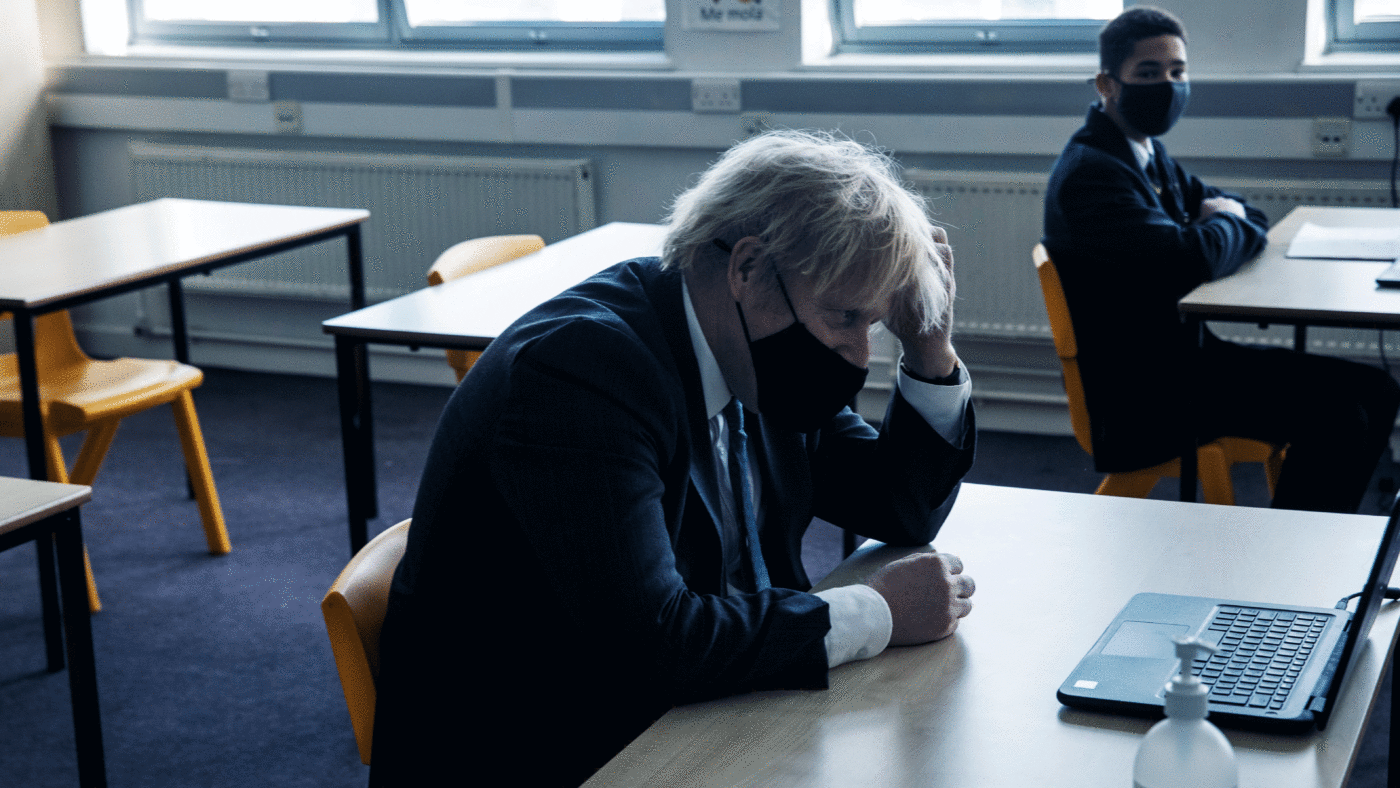The devastation of the past year makes it hard to talk about schools without feeling utter despair. The extent of the learning that has been lost and the futures blighted will sadly become ever more apparent in the months to come. The Government’s education recovery plan is a start in addressing those difficulties, but it will need to be more radical if it is to make a real difference to the children who have lost out so badly.
The Government has shown a tendency throughout the pandemic to simply throw large amounts of public money at a problem and hope that solves everything – and that is certainly true of the latest announcements on schools. However, it is welcome that ministers have largely resisted the temptation to create ever more complex funding streams for particular projects. Giving headteachers more discretion over how to spend the recovery money makes it much more likely that the interventions will be effective.
Good heads will know what will have the most impact in their schools and how best to meet the particular needs of their pupils. There has been some truly inspiring and innovative work by schools to provide the best possible remote learning and many teachers are already thinking about the best ways to support learning recovery.
Less welcome is that the key factor in helping children recover their lost learning is spending more time in school, and the recovery plan ducks that issue. The timing of the return on March 8 could hardly be worse in this respect. Pupils will have three weeks in school before breaking up for Easter for two weeks. That gives teachers barely enough time to settle children back into routines before they are off on holiday, which will severely limit the progress they can make.
In a private sector organisation that was recovering from a disaster all the staff would rally round, work extra hours and put the users of their service first. In a heavily unionised sector like schools none of that is seen as possible. Shortening the Easter holidays is not even up for discussion, yet those extra two weeks could make a real difference. The summer holidays remain off limits and the plans for summer schools are well-meaning but likely to be a bit of a distraction.
The Secretary of State should have made a bold offer to teachers, going over the heads of the unions, to pay them an allowance to work over Easter and for a couple of weeks in the summer holidays. Most teachers are desperate to help their pupils catch up and, given a small incentive, they might well have been willing to take up that offer.
The biggest challenge facing schools though is a longer term one – knowing the scale of the problem. In a good school the head teacher will be able to tell you how every child is doing against national standards and what specifically is being done to help those who are falling behind. However, after two years without any national testing or exams no one has any idea of what pupils should be expected to know and governors have no way of holding schools to account.
At secondary level, the brutal truth is that teacher assessment means this year’s GCSE and A level results will be entirely worthless. We already know from last year about schools which suddenly managed to produce impressive GCSE results that nobody believes are a true reflection of their achievement. The inevitable rampant grade inflation this year will make it impossible to judge both individual and school performance.
There is an understandable tendency to say in the aftermath of this disruption that none of this matters. There is a view that Ofsted should hold off, governors should not press too hard, that staff and children are exhausted and should not be put under pressure. The educational establishment, which has always hated exams and a focus on achievement, is not wasting the opportunity this crisis has presented to push their ‘all must have prizes’ agenda.
Yet now more than ever we have to set the highest standards, children really cannot afford any further loss to their education. Good schools will aim high but there is a real risk that poor schools will use the excuse of the pandemic for having low expectations. Ministers and Ofsted must resist this. We can both recognise that children have had a raw deal and that a good education will be more important than ever in the tougher world to come.
The Government’s recovery plans are a start but what will matter will be what always matters in education, good teachers, good leadership, rigorous assessment and high expectations.
Click here to subscribe to our daily briefing – the best pieces from CapX and across the web.
CapX depends on the generosity of its readers. If you value what we do, please consider making a donation.


